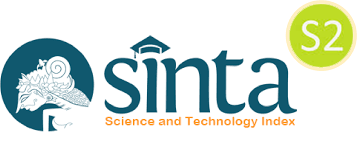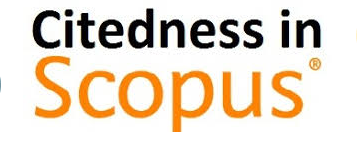Comparative Legal Analysis of Beauty Clinic Services between Indonesian Law and Islamic Law
DOI:
https://doi.org/10.18196/iclr.v6i2.21856Keywords:
beauty clinic, esthetic treatment, Indonesian law, Islamic lawAbstract
In line with the evolving needs of consumers who strive to improve their facial and physical appearances, beauty clinics frequently introduce new services supported with new technological devices. Some forms of esthetical treatment introduced in the market have risen controversy in terms of their legality. This article aims at exploring the legality of esthetic treatment provided by beauty clinics from the perspective of Indonesian law and Islamic law. This normative legal research employs comparative approach. Comparison is made between Indonesian law and Islamic Law. It is found that Islamic law has different approach in addressing the issue of the legality of esthetic treatment provided by beauty clinics as compared to Indonesian law. While the Indonesian law tends to liberate various kinds of esthetic treatment, Islamic law gives a restriction. By virtue of the principle of freedom of contract as intended in Article 1338 of the Indonesian Civil Code, any esthetic treatment can be carried out when it is made based on a valid contract between the contracting parties. On the other side, Islamic Law prohibits particular esthetic treatment especially when it falls under the category of “changing what Allah has created.”Downloads
Additional Files
Published
Issue
Section
License
By publishing with Indonesian Comparative Law Review, authors agree to the following terms:
1. Authors retain the copyright to their work and grant Indonesian Comparative Law Review the right of first publication, while also licensing the work under a Creative Commons Attribution License (CC BY 4.0). This license permits others to share the work, provided they acknowledge the author and the initial publication in this journal.
2. Authors may enter into separate agreements for non-exclusive distribution of the published version of their work, such as posting it to an institutional repository or including it in a book, with acknowledgement of its initial publication in this journal.
3. Authors are encouraged to share their work online, for example on institutional repositories or personal websites, both before and during the submission process. This practice can lead to productive exchanges and increased citation of published work.



